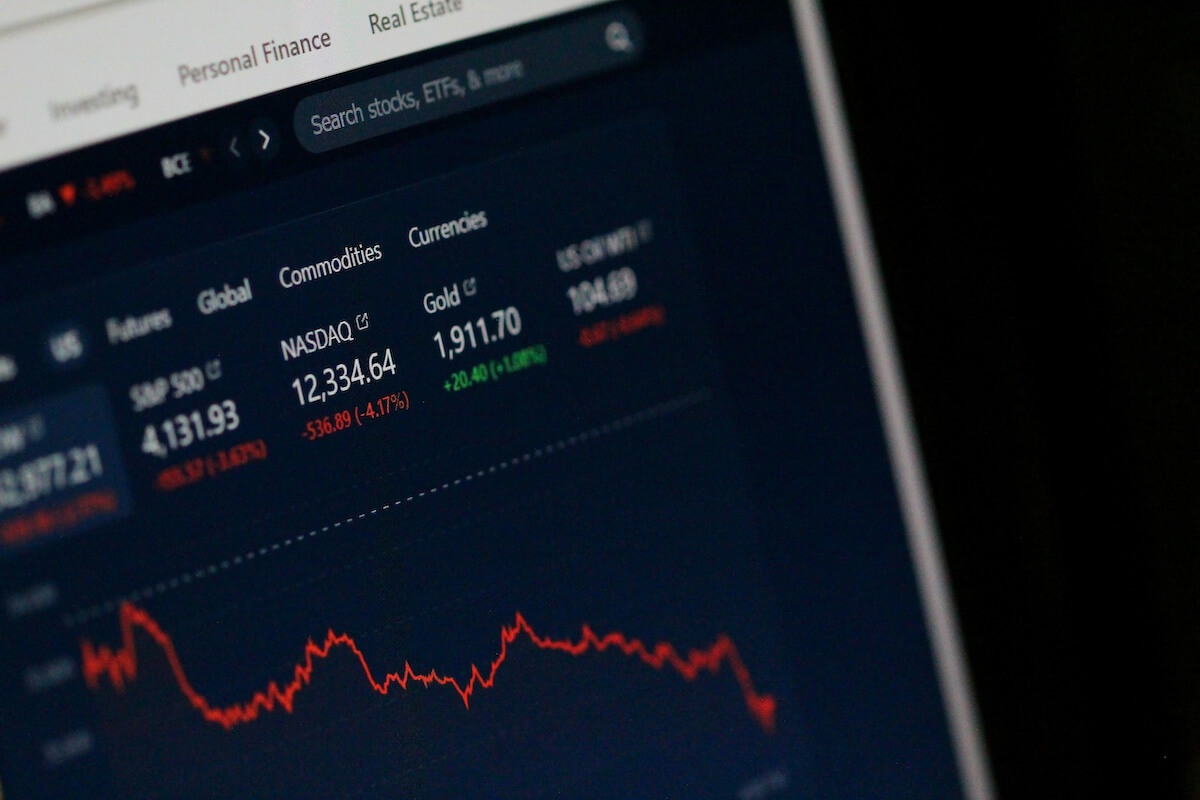What is Crude Oil Spread Betting?
What is Spread Betting on Crude Oil? A Beginner’s Guide to a Popular Trading Option
Spread betting on crude oil is a way to speculate on the price movements of oil without actually owning any physical asset. Instead of buying and selling oil, you place bets on whether the price will go up or down. This trading strategy has grown popular due to its potential for profit, flexibility, and the option for tax-free gains in certain jurisdictions. This article will break down what crude oil spread betting is, how it works, and the key points to keep in mind if you’re considering this investment route.
Understanding Spread Betting Basics
Spread betting is a form of financial betting where you wager on the price movement of a financial asset, such as crude oil, instead of purchasing the asset itself. The “spread” refers to the difference between the buy and sell prices offered by the betting provider. If you believe that the price of crude oil will rise, you place a ‘buy’ bet. Conversely, if you expect the price to fall, you place a ‘sell’ bet.
In this way, spread betting allows traders to profit from both rising and falling markets. It’s also a leveraged product, meaning you only need to put down a fraction of the total trade value to open a position. However, this also means that potential losses can exceed your initial investment.
Why Spread Bet on Crude Oil?
Crude oil is one of the most widely traded commodities, heavily influencing global economies. Its price fluctuates based on various factors, such as political events, natural disasters, supply and demand, and economic reports. These frequent price changes make it an attractive option for spread bettors who are looking to capitalise on volatility.
Some advantages of spread betting on crude oil include:
- Tax Efficiency: In the UK, profits from spread betting are often exempt from capital gains tax, making it an appealing option for traders.
- Access to Global Markets: Spread betting allows you to trade on oil prices without dealing with physical assets or complex trading accounts.
- Flexibility: Spread betting platforms offer the ability to go long (buy) or short (sell), enabling you to profit in both upward and downward markets.

How Does Spread Betting on Crude Oil Work?
To get started with spread betting on crude oil, you’ll need to set up an account with a spread betting provider. Once registered, you’ll see a price quoted as two figures: the ‘buy’ and ‘sell’ prices. Let’s say crude oil is trading at a spread of 70.00 to buy and 68.00 to sell. If you think the price of oil will rise, you might place a bet at the buy price. If you believe the price will fall, you’d place a bet at the sell price.
The amount you wager per point of movement is called your “stake.” For example, if you bet £5 per point, and the price of crude oil moves by 10 points in your favour, you would make £50 in profit (£5 x 10). Conversely, if it moves against you by 10 points, you would lose £50. The profit or loss is determined by multiplying your stake by the number of points the price moves.
Factors That Influence Crude Oil Prices
When spread betting on crude oil, understanding the factors that affect its price is crucial. Here are a few key influences:
- Supply and Demand: Global oil demand, particularly from major consumers like the United States, China, and the European Union, can drive prices up or down. Similarly, changes in supply, whether due to production cuts or increased output, impact the price of crude oil.
- Geopolitical Events: Political instability in oil-producing regions, such as the Middle East, can disrupt supply chains and cause sudden price spikes.
- Economic Indicators: Economic reports, such as GDP growth and employment rates, can signal the strength of an economy and, in turn, the demand for crude oil.
- OPEC Decisions: The Organisation of the Petroleum Exporting Countries (OPEC) plays a significant role in controlling oil production levels, affecting global supply and prices.
- Natural Disasters: Events like hurricanes or earthquakes can damage oil infrastructure, temporarily limiting supply and driving up prices.
-

Risk Management in Crude Oil Spread Betting
Risk management is essential when spread betting, as leverage means that both profits and losses can be substantial. Here are a few tools and strategies to help manage risk effectively:
- Stop-Loss Orders: These automatically close your position if the price moves against you beyond a certain level. Stop-loss orders are particularly useful in volatile markets like crude oil.
- Position Sizing: Adjusting your stake per point can help control risk. For example, if you’re new to spread betting, starting with a smaller stake can minimise potential losses.
- Regular Monitoring: Keep an eye on the market and stay informed about events that could affect crude oil prices. This can help you make timely adjustments to your position.
Example of a Crude Oil Spread Bet
Let’s say you decide to spread bet on crude oil, which has a spread of 70.50 (buy) to 69.50 (sell). You believe oil prices will rise, so you place a £10-per-point buy bet at 70.50. Over the next few hours, the price of crude oil rises to a spread of 74.50 (buy) and 73.50 (sell). If you decide to close your position at this point, you would sell at 73.50, securing a 3-point profit (73.50 – 70.50). At £10 per point, your total profit would be £30.
On the other hand, if the price had dropped to 67.50, you would be facing a 3-point loss, resulting in a £30 loss.
Choosing a Spread Betting Provider
Choosing a reliable spread betting provider is important for a positive trading experience. Look for a provider that offers competitive spreads, an intuitive platform, and robust risk management tools. Check that they’re regulated by a recognised financial authority and provide customer support to assist with any issues or questions.
Many platforms also offer demo accounts, allowing you to practice spread betting on crude oil with virtual funds before risking real money. This can be a great way to build confidence and understand the mechanics of spread betting without financial risk.

Spread Betting vs. CFDs: What’s the Difference?
It’s worth noting that spread betting is similar to Contracts for Difference (CFDs), another popular way to speculate on crude oil. Both allow you to trade on price movements without owning the underlying asset, but there are some key differences:
- Tax Treatment: In the UK, spread betting profits are often exempt from capital gains tax, while CFD profits may be subject to tax.
- Market Accessibility: Spread betting is more common in the UK and Ireland, whereas CFDs are widely available in other markets.
- Expiry Dates: CFDs typically have expiry dates, while spread betting positions can remain open indefinitely as long as you have sufficient funds.
Conclusion: Is Spread Betting on Crude Oil Right for You?
Spread betting on crude oil offers an exciting opportunity to profit from the price movements of one of the world’s most valuable commodities. With the potential for profit in both rising and falling markets, it appeals to traders looking for flexibility and tax-efficient gains. However, it’s essential to understand the risks and manage them carefully through stop-loss orders, position sizing, and market monitoring.
Whether you’re a new or experienced trader, take the time to research the market, understand influencing factors, and practice on a demo account if available. Spread betting can be a rewarding way to engage with crude oil trading, provided you approach it with knowledge, discipline, and a solid risk management plan.
For detailed information on oil spread betting strategies for beginers, explore the article here.
For more information on spread betting on oil, please refer to the article here.
